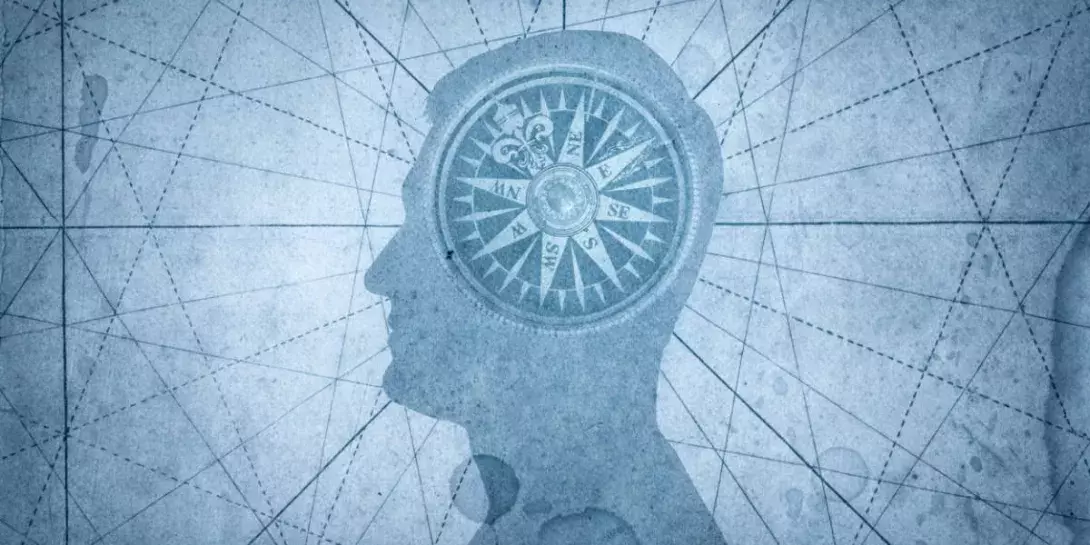Lessons learned from losing innocence

As Professor Sir John Scott’s innocence evaporated, he learned that the way he related his own moral code and philosophical framework to interactions with people was just as important as his clinical skills.
Adjusting standards
I grew up in an inner suburb of Auckland during the years of the Great Depression. My first clear memory of sound relates to shuffling. This sound was made by the sugar or potato sacking ‘shoes’ worn by the steady procession of men who came to our door asking for odd jobs or directly begging for money.
My father’s salary had been cut by over a half and we were a just-managing, poor family who fortunately did not have to pay rent. Late one afternoon a man shuffled up to our front door and my mother gave him a halfpenny for sharpening a knife on the front doorstep. As he wandered off I began to protest; however, a firm but friendly hand muzzled me. When that pressure was released, I asked my mother why she had paid a man to sharpen a knife that had already been sharpened earlier that day. In my innocence I thought my mother was not following the rules she had begun to instil into me concerning honesty. I also remember worrying that she might be wasting some of our puny resources. What had occurred, put simply, was a lesson in the need to adjust standards to circumstances, and it marked one stage in my progression from innocence to awareness.
By the time I was half way through my medical course I had woken up to the broad division of people into those who were fundamentalist–literalistic adherents to stereotype beliefs and those who were more liberal, the group to which my mother belonged. To my parents, tradition was one thing, whereas religion had a place in the historical record but also provided a useful yardstick for determining one’s own general philosophy while retaining independence of thinking.
Once I entered medical practice, that relatively simple division of my contemporaries into two broad philosophical camps developed new significance. During my days of relative innocence I had a profound respect for people who seemed to have fully integrated philosophies, lives and behaviours. They seemed to know the answers, and almost instinctively knew what to do in situations that I perceived to be very complex.
As I entered hospital and general practice my innocence evaporated. I realised then that the easy pathway was to base one’s behaviour on absolute beliefs; this saved the proponents thereof from much difficult thinking and anxiety. What I did not realise was that the loss of innocence would lead me into a path of continuing discomfort. A particularly vivid example was provided by the ferment, while I was briefly in general practice, that coincided with the introduction of oral contraceptives. Birth control, as it was then called, and the related issues of back street abortions and suicide among young women rapidly destroyed my beliefs on what to me had been fairly clear-cut issues formed on the basis of various vicars’ and curates’ admonitions and exhortations.
Blending dogma with compassion
I feel now that the gradual pathway through to relatively complete loss of innocence probably made me a more compassionate member of the medical profession and a more understanding member of the human race. Realisation of the difficulties posed along this path in turn led me to semi-academic approaches to moral and ethical issues. In this sense, I felt I had not abandoned completely the framework that I had learned earlier in life. Moreover, I came to realise that some of the clergy themselves had lost their innocence while choosing courageously to blend expressions of dogma with practical compassion.
That realisation led me to use various texts to illustrate to medical students my perspective that honesty itself was a relative quality, although lies and outright dishonesty could rarely, if ever, be justified. These texts included the Grand Inquisitor’s passage from Dostoevsky’s The Brothers Karamazov, the Eugene O’Neil drama Strange Interlude, sections from Graham Greene’s novels and similar material. In attempting to share with medical students the powerful pieces of literature that counselled the stages of my own development, I hoped to leave them pondering and realising that they had choices to make within their own lives. How they related their own moral codes and philosophical frameworks to interactions with people was at least as important as their capacity to make decisions concerning haemoglobin levels and chest x-ray appearances. MT
